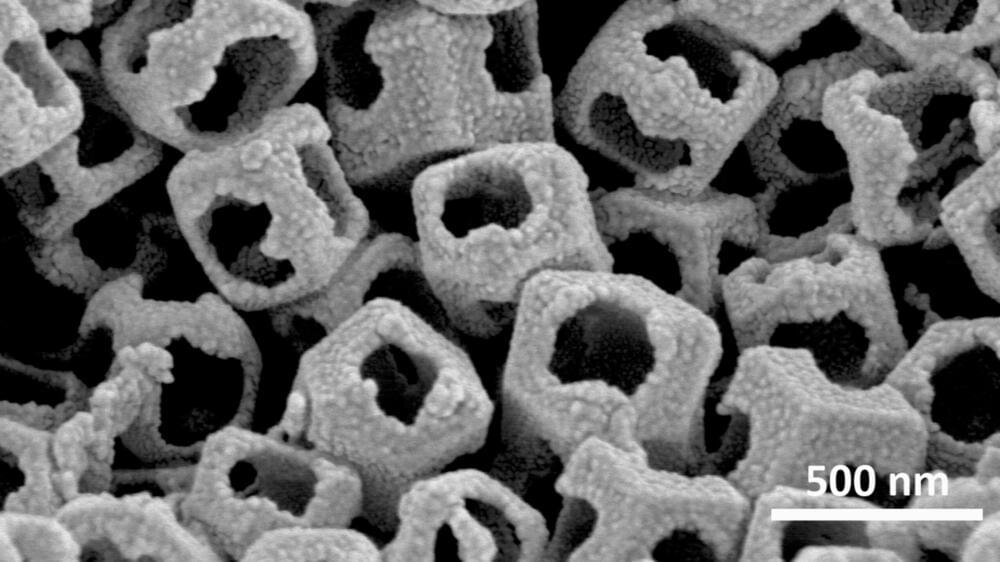A chemical etching method for widening the pores of metal-organic frameworks (MOFs) could improve various applications of MOFs, including in fuel cells and as catalysts. Researchers at Nagoya University in Japan and East China Normal University in China developed the new method with collaborators elsewhere in Japan, Australia, and China, and their work was published in the Journal of the American Chemical Society.
MOFs are porous materials composed of metal clusters or ions interconnected by carbon-based (organic) linker groups. Varying the metallic and organic components generates a variety of MOFs suitable for a wide range of applications, including catalysis, chemical separation, and gas storage.
Some MOFs have clear potential for catalyzing the chemical reactions inside fuel cells, which are being explored as the basis of renewable energy systems. Because they don’t use fossil fuels, fuel cells could play a key role in the transition to a low-or zero-emissions economy to combat climate change.










Comments are closed.